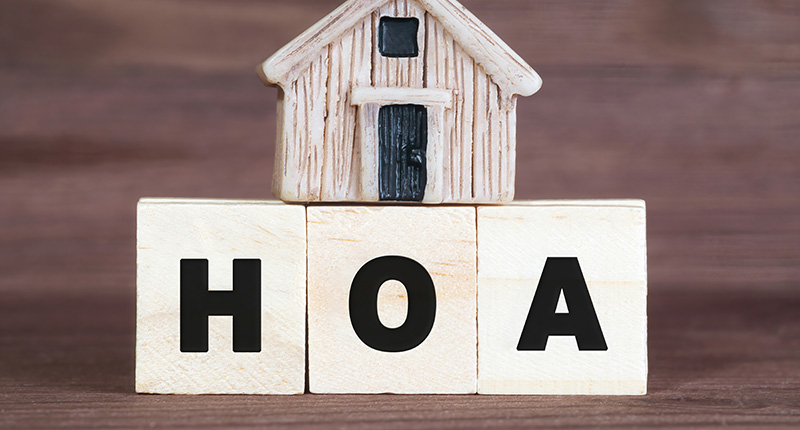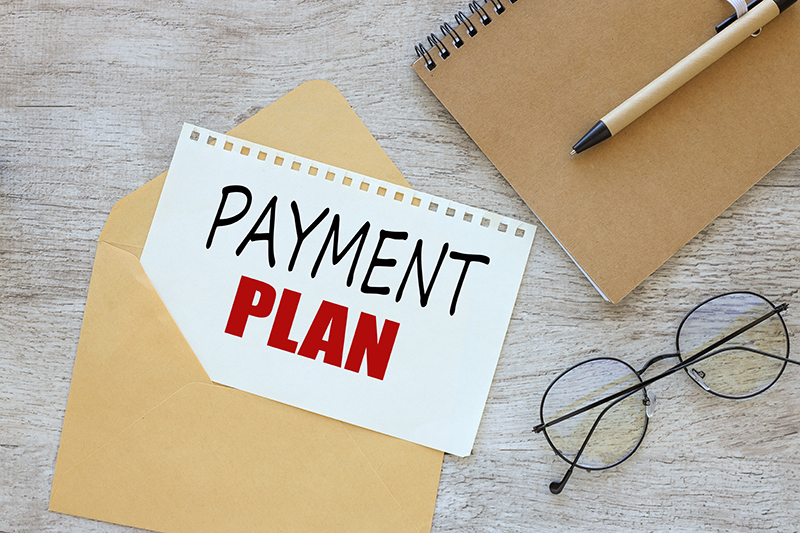Can I Deduct HOA Fees?
May, 30 2023 by Steve Banner, EA, MBA
This question raises a very good point for those of us who may be considering buying a new home. You have probably seen TV programs and advertisements that describe the surroundings of the homes listed in your desired neighborhood or city, but probably the first thing you look at is the selling price. If you can’t afford the purchase price, then it doesn’t matter how many swimming pools are spread throughout the lovely townhouse community you have been considering in Florida. It is also important to keep in mind that as an owner in a community of this type, you will be asked to pay your share of the costs of maintaining the pools and other common areas of the entire housing development. These payments are managed by a homeowner’s association (HOA) which collects monthly or quarterly fees from the owners of each of the dwellings.
I recall learning this lesson while looking for a home in Hawaii about 15 years ago when my wife and I were getting ready to relocate. We had found a reasonably-priced condo for sale in a high-rise building in a picturesque spot on Oahu, close to work and with beautiful sea views. After the agent showed us around the condo and the property as a whole, we asked him to confirm the asking price for the unit. It all sounded almost too good to be true until he mentioned – almost as an afterthought – that the monthly HOA fee was in excess of $2,000. When folks are looking at unexpectedly spending an extra $25,000 per year, it’s no wonder they ask if HOA fees can be deductible!
According to the tax laws, HOA fees are not deductible for taxpayers who use their property as a private home for 12 months of the year. But there may be a deduction for all or part of the HOA fees paid by taxpayers who use their home either partly or fully for business purposes.
In my case, those enormous Hawaii HOA fees would not have been deductible because my wife and I were planning to simply use the apartment as our year-round residential dwelling. But if I had set aside a portion of the condo as a home office, then I could have eased the burden of the HOA fees to some extent. If I had taken one of the bedrooms for regular and exclusive use as a home office related to my self-employed tax preparation business, then I would have been able to claim a deduction for a portion of the HOA fees, as well as a portion of our mortgage interest and utilities.
For example, let’s say the condo was 1500 square feet in size, and my home office was 300 square feet. If I used the home office from July to December, my deduction for HOA fees would be calculated as follows:
$25,000 (annual HOA fees) x 20% (300 sq.ft./1500 sq.ft.) x 50% (6/12 months) = $2,500
In the same way, if my wife and I had decided to defray our monthly costs by renting a room to a student from the nearby University of Hawaii, this would have made a portion of our HOA fees deductible. Once again, the actual calculation would be based on the square footage of the rented area and the portion of the year that the room was either rented, or available for rent.
On the other hand, if we had decided to move to another island and keep the condo as an investment rental property, our HOA fees would have been fully deductible for the portion of the year that the property was available for rent or actually rented to a tenant. To summarize our answer in other words: HOA fees are not deductible when a property is used only for personal purposes, but they may be up to 100% deductible according to the amount of business use of the property.





